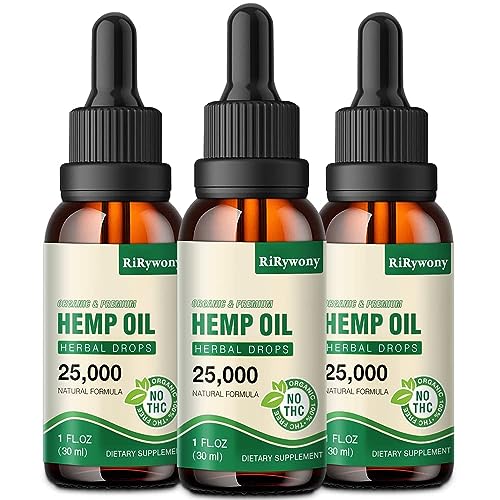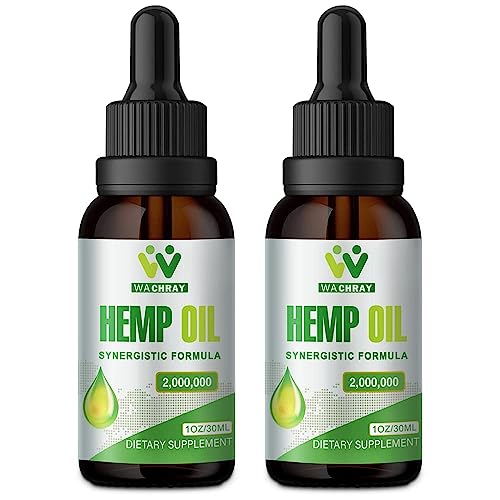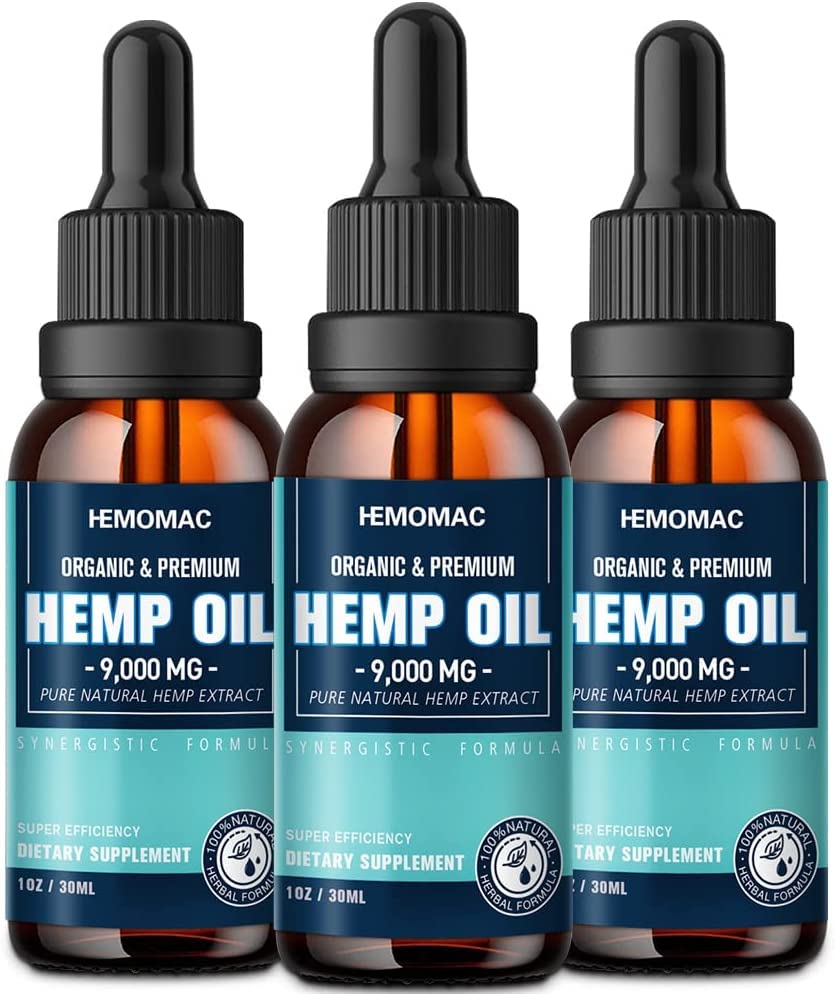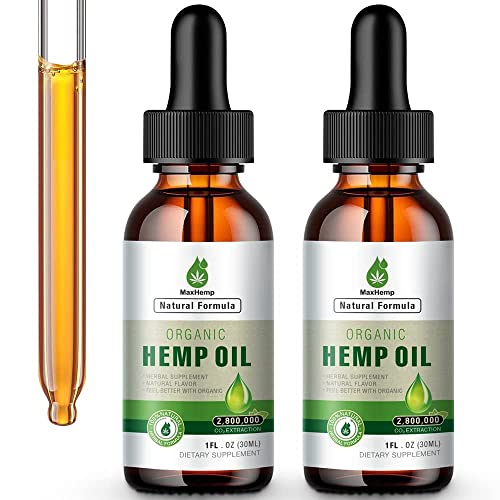The Health Benefits of Hemp Oil: A Natural Wellness Powerhouse
Hemp oil, derived from the seeds of the hemp plant (Cannabis sativa), has gained significant attention in recent years as a versatile and natural health supplement. Unlike its cousin marijuana, hemp contains negligible amounts of THC (tetrahydrocannabinol), the psychoactive compound responsible for a "high." Instead, hemp oil is packed with nutrients, fatty acids, and bioactive compounds that offer a range of potential health benefits. From supporting heart health to improving skin conditions, hemp oil is emerging as a wellness staple. Let’s explore its key advantages and why it’s worth considering as part of a balanced lifestyle.
Nutrient-Rich Composition
One of the standout features of hemp oil is its impressive nutritional profile. It is an excellent source of essential fatty acids (EFAs), particularly omega-3 and omega-6, which the body cannot produce on its own. These fats are present in an ideal ratio of 3:1 (omega-6 to omega-3), which is considered optimal for human health. This balance is rare in most Western diets, where omega-6 intake often far exceeds omega-3, contributing to inflammation and chronic disease.
Hemp oil also contains gamma-linolenic acid (GLA), a type of omega-6 fatty acid with anti-inflammatory properties. Additionally, it’s rich in vitamins like E and minerals such as magnesium, potassium, and zinc, making it a nutrient-dense addition to your diet. Whether consumed as a dietary supplement or used topically, this combination of nutrients underpins many of hemp oil’s health benefits.
Heart Health Support
Cardiovascular disease remains a leading cause of death worldwide, and diet plays a critical role in prevention. Hemp oil’s fatty acid content may help support heart health in several ways. Omega-3 fatty acids are well-known for reducing inflammation, lowering blood pressure, and decreasing triglyceride levels—key factors in preventing heart disease. Studies suggest that diets rich in omega-3s can reduce the risk of arrhythmias (irregular heartbeats) and plaque buildup in arteries.
GLA in hemp oil may also contribute by reducing inflammation and improving blood vessel function. Some research indicates that GLA can lower cholesterol levels and improve overall lipid profiles. While more large-scale human studies are needed, early evidence points to hemp oil as a heart-friendly option when incorporated into a balanced diet.
Skin and Hair Benefits
Beyond internal health, hemp oil is a popular ingredient in skincare and haircare products due to its moisturizing and anti-inflammatory properties. Its fatty acids help nourish the skin, maintaining its natural barrier and preventing dryness. For individuals with conditions like eczema or psoriasis, hemp oil may offer relief by reducing irritation and redness. A 2005 study published in the Journal of Dermatological Treatment found that dietary hemp seed oil improved symptoms of atopic dermatitis (eczema), likely due to its GLA content.
When applied topically, hemp oil’s vitamin E and antioxidants protect against oxidative stress, which can accelerate skin aging. For hair, it strengthens strands, promotes shine, and may even stimulate growth by improving scalp health. Unlike heavier oils, hemp oil is lightweight and non-comedogenic, meaning it won’t clog pores, making it suitable for a variety of skin types.
Anti-Inflammatory and Pain Relief Potential
Chronic inflammation is at the root of many modern ailments, from arthritis to autoimmune disorders. Hemp oil’s GLA has been studied for its ability to modulate inflammation, offering potential relief for conditions like rheumatoid arthritis. A 1996 study in Arthritis & Rheumatism showed that GLA supplementation reduced joint pain and stiffness in arthritis patients, suggesting hemp oil could be a natural alternative or complement to traditional treatments.
For general pain management, some users report benefits from hemp oil’s calming effects on the nervous system. While it lacks the cannabinoids (like CBD) found in other hemp-derived products, its nutrient profile may still support overall wellness and resilience against discomfort.
Brain Health and Mood Regulation
The brain thrives on healthy fats, and hemp oil delivers. Omega-3s are critical for cognitive function, memory, and mood stability. Preliminary research links omega-3 deficiencies to conditions like depression and anxiety, and while hemp oil alone isn’t a cure, it may contribute to a diet that supports mental well-being. GLA’s anti-inflammatory effects could also play a role in protecting brain health by reducing neuroinflammation, a factor in neurodegenerative diseases like Alzheimer’s.
A Safe and Versatile Option
Hemp oil is generally well-tolerated, with few side effects when used appropriately. It’s legal in most places (always check local regulations) and can be taken as a supplement, drizzled on salads, or applied directly to the skin. However, it’s not suitable for cooking at high temperatures, as heat can degrade its beneficial fats.
While hemp oil shows promise, it’s not a miracle cure. Its benefits are best realized as part of a holistic approach to health, including a balanced diet and regular exercise. Consulting a healthcare provider is wise, especially if you’re on medication or managing a chronic condition.
Conclusion
Hemp oil’s rise in popularity is well-deserved, thanks to its nutrient density and potential to support heart, skin, brain, and joint health. As research continues to unfold, this natural oil stands out as a versatile ally in the pursuit of wellness. Whether you’re looking to boost your diet or enhance your skincare routine, hemp oil offers a simple, plant-based solution with far-reaching benefits.




